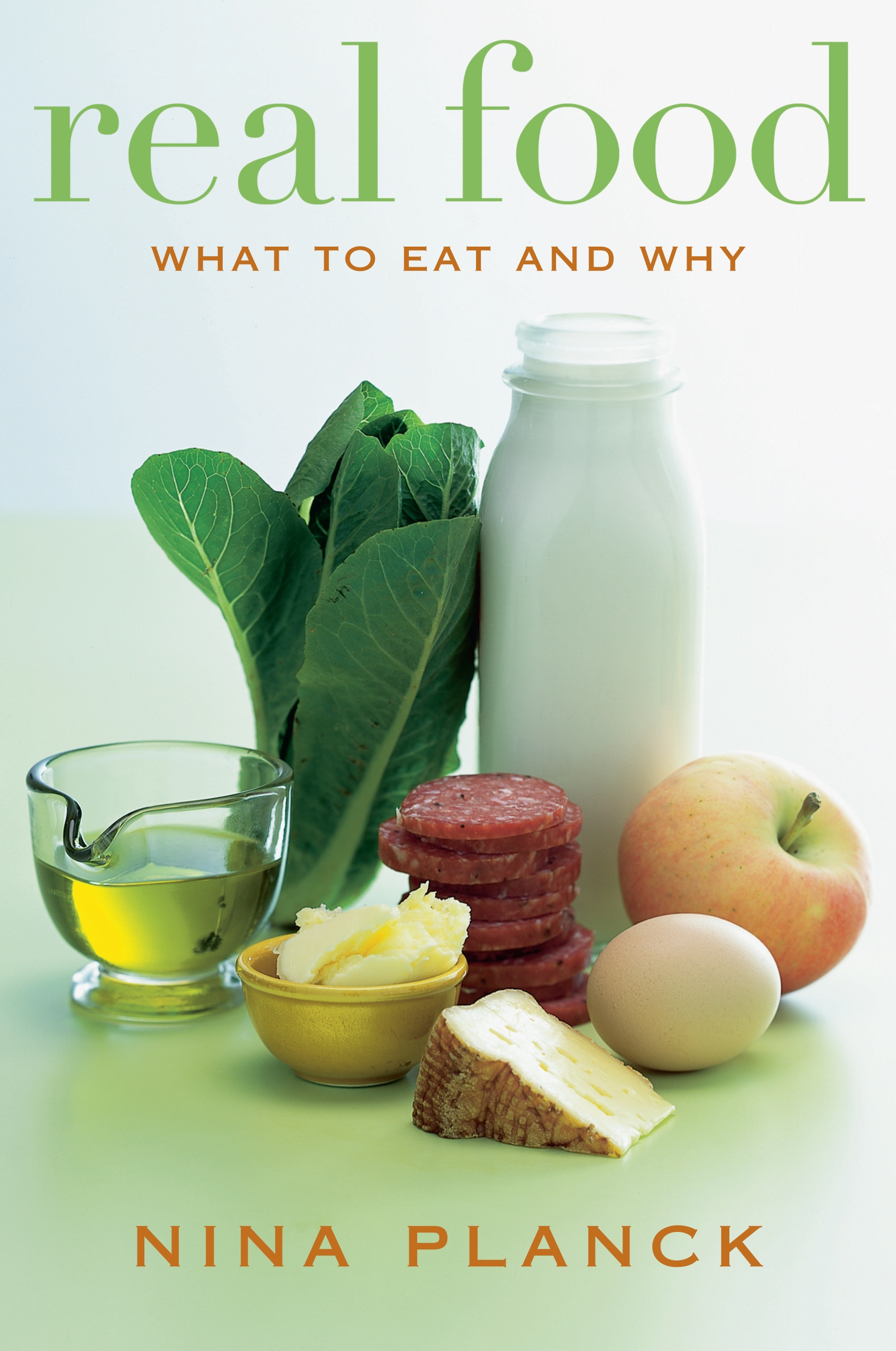I have a piece up this week at RELEVANT magazine–a review of What is the Mission of the Church?–and couldn’t help but notice this article, “How Faith Connects to Food,” with the tagline: “is it a sin to eat meat?” The author, Jennifer Dykes Henson, doesn’t come out and say that eating meat’s a sin, but she does say that Jesus, if he were walking the earth today, wouldn’t eat meat. Her arguments for vegetarianism–animal cruelty, environmental sustainability, and world hunger, are pretty simplistic, even though there are elements of truth in each argument. To tell the truth, the article reads very much like something I might have written 5 or 6 years ago, when I was first becoming aware of the various ethical issues surrounding food. At that time, to eat or not eat meat seemed like the biggest question–and almost the only question–to ask with respect to the ethics of eating.
The author, Jennifer Dykes Henson, doesn’t come out and say that eating meat’s a sin, but she does say that Jesus, if he were walking the earth today, wouldn’t eat meat. Her arguments for vegetarianism–animal cruelty, environmental sustainability, and world hunger, are pretty simplistic, even though there are elements of truth in each argument. To tell the truth, the article reads very much like something I might have written 5 or 6 years ago, when I was first becoming aware of the various ethical issues surrounding food. At that time, to eat or not eat meat seemed like the biggest question–and almost the only question–to ask with respect to the ethics of eating.  For periods of time since, I and my family have eaten much as vegetarians do. But we still do eat some meat. (I wrote about why–and how–here.) One reason we do is that we’d rather spend some money toward supporting meat that’s raised responsibly and ‘vote’ for that kind of meat, so to speak. What’s often left out of pro-vegetarian arguments is that conscientious carnivory–choosing meat that has been raised on pasture and humanely–escapes many of the problems cited as reasons to eschew meat. For example:
For periods of time since, I and my family have eaten much as vegetarians do. But we still do eat some meat. (I wrote about why–and how–here.) One reason we do is that we’d rather spend some money toward supporting meat that’s raised responsibly and ‘vote’ for that kind of meat, so to speak. What’s often left out of pro-vegetarian arguments is that conscientious carnivory–choosing meat that has been raised on pasture and humanely–escapes many of the problems cited as reasons to eschew meat. For example:
1. Pastured meat makes use of land that is unsuited for crop-planting and turns it into usable food. This point is especially important when one considers the needs of people living where the land is largely non-arable–
2. At the same time that cattle, goats, and other ruminants convert grass and weeds to meat, they enrich the ground. They are good for the environment.(Read Heifer International’s answer to vegetarian/vegan concerns with respect to people in the developing world.)  Henson’s declaration that we ought to simply feed the grain destined for animal feed to starving people really, really misses the mark.
Henson’s declaration that we ought to simply feed the grain destined for animal feed to starving people really, really misses the mark.
3. Meat raised on pasture is good for you. Not only is it less likely to contain antibiotics and hormones, it’s also got high levels of those important Omega-3s, B-12, and the kind of fat that’s actually good for you. Henson’s right that overeating meat–especially factory farmed meat–isn’t so great. But moderate meat consumption is not unhealthy. (Nina Planck–herself a former vegan–did much to convince me on this point in her book Real Food.) But I think the part that annoyed me most about Henson’s article (like the last food article on RELEVANT that annoyed me) is the sanctimonious, ascetic, and guilt-based tone that reads like “Eat for health ‘because your body is a temple’ “; avoid meat so as to not “live to please your stomach” but instead, to care for “starving children and tortured animals.”
But I think the part that annoyed me most about Henson’s article (like the last food article on RELEVANT that annoyed me) is the sanctimonious, ascetic, and guilt-based tone that reads like “Eat for health ‘because your body is a temple’ “; avoid meat so as to not “live to please your stomach” but instead, to care for “starving children and tortured animals.”
Gee–who wants to contribute to children starving and animals being tortured? No one! But I just can’t see how this kind of guilt trip will motivate anyone to eat with joy–and I think that’s really important. There is no perfection in any kind of diet–and no matter who you are and what kind of choices you make, you–like me–are living from mystery. The food we eat–even when it’s less than ideal–is a gift of God for which we can give thanks.
Should we choose food that’s raised and prepared in ways that speak clearly of God’s goodness and kindness and love for Creation? Absolutely! But we have a better chance of doing that when we’re motivated from a place of gratitude–not guilt.
{You might also like to read Grace and A Steak Dinner or The Last Last Meal}











